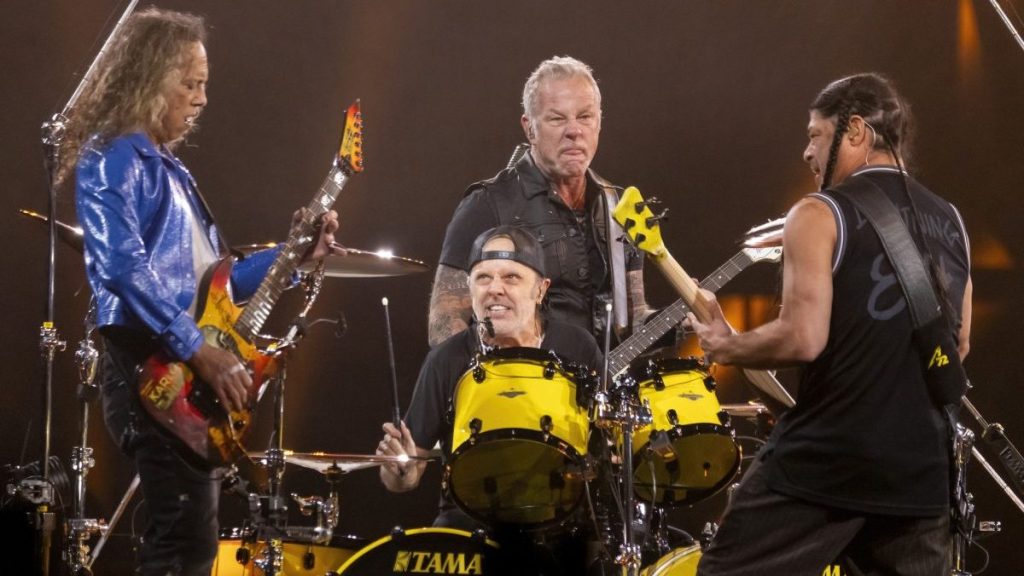
Photos by Henry Langston
This article originally appeared on VICE UK
It’s been five years, and the question still remains of how we make sense of the English riots of 2011. Riots that saw more than 14,000 people take to the streets across England for three days. Events that saw buildings destroyed, neighborhoods wrecked, shops looted, and five lives lost. There can be no doubt that it was a social event of some magnitude—but quite what it meant and represented is still open to debate.
Videos by VICE
For the government and tabloid media, it was, from the beginning, all about gangs and “mindless criminality.” And even when it became clear that gangs didn’t cause the riots, and that, arguably, a more sophisticated understanding was needed to explain the worst outbreak of disorder the UK had witnessed in the post-World War era, gang suppression was still trotted out as the dominant government response to riots not caused by gangs. So much for evidence-based policy.
For the left, the riots were interpreted in two different ways. Offering a liberal left perspective we have the Guardian and LSE’s Reading the Riots research, based on interviews conducted with rioters after the riots had happened. This research confirmed much that was self-evident: the rioters came predominantly from disadvantaged communities, they were angry at the way things were, and many had experienced a hostile relationship with the police, particularly over the disproportionate use of stop and search. In the wake of the shooting of Mark Duggan—the flashpoint that ignited the riot—this anger exploded into days of rage.
Where once the more critical left had considered rioting the “ballot box of the poor,” a different interpretation was offered in this case. These weren’t political riots, but simply exercises in violent shopping perpetrated by what Zygmunt Bauman termed “defective consumers”—people who had nowhere left to express their anger at the way things were, but at the shops, which they then looted. For academics Simon Winlow and Steve Hall, the riots simply expressed the situation of the urban poor in a post-political present. Vaguely pissed off about their situation but lacking any capacity to articulate their opposition to the system that marginalized them, in rioting they blindly acted out their discontent.
Here I want to offer a different interpretation; one that considers the riots less from the perspective of what people said about them after they happened, but attends more closely to the acts the rioters actually engaged in. By looking more closely at what people did as opposed to what they retrospectively said they were doing, a different interpretation of the riots emerges.
Much has been made of the looting—and there was lots of it—but there were other things going on, too. The forces of law and order were attacked rather than respected. In places like Hackney and Tottenham, rioters and the police waged pitched battles. Instead of behaving, the rioters actively misbehaved, running, shouting, behaving in ways that violated the behavior expected of law-abiding citizens. Instead of respecting capitalist property rights, they violated them. Ealing, a prosperous area in London, was literally wrecked. In Croydon, shops were torched. In Nottingham, police stations were burnt down. Shopping malls across the country were attacked and looted. And all of this we saw played on a loop on 24-hour news channels.
While it’s easy to dismiss these acts as “mindless criminality,” or, from the perspective of the critical left, as exercises in “defective consumption” on the part of rioters whose minds have been colonized by the logic of capitalism, I’ve got a different interpretation. If we consider what the rioters were doing, consciously or unconsciously, then it seems to me that they were systematically violating the dominant principle around which law-abiding societies such as the UK are established. This principle holds that within those societies, people normally obey the rules.
What is interesting about the English riots is the way this principle was spectacularly dismantled through the violation, desecration, and inversion of normal codes of conduct. In a nutshell, in the performance of riot we bore witness to a carnival of disorder in which everything the ruling regime presumed as the basis for its rule was violently desecrated. These riots turned the world upside down.
This, I suggest, explains why the forces of law and order were attacked as opposed to being respected—as if to say: “We contest the monopoly of violence the police claim.” Which helps make sense of the eccentric behavior that characterized the riot, and also explains the desecration of property, essentially saying, “Fuck your property rights.” And in a society where the shopping mall has become our contemporary temple, “watch us steal your gaudy commodities” for good measure, too.
That takes me to my response to those who hold that these were “year zero” riots devoid of politics. That is nonsense. When over 14,000 people collectively dismantle the grounding principles of law-abiding society, through a range of interconnected performative practices, we’re looking at a political event of some magnitude—and this holds independently of what individual rioters thought they were doing after the event.
The riots have to be interpreted in relation to the wider wave of revulsion the ruling regime has provoked. In the wake of a financial crisis bequeathed to the UK by its feral overclass of financiers; in the shadow of a political crisis perpetrated by its political establishment. The Occupy movement in many respects represented a middle-class backlash to a ruling regime that had lost any mandate to legitimacy. The 2011 riots represent another adaptive response. In this case, on the part of what Guy Standing calls the “new precariat”: the powerless and marginalized.
Professor Simon Hallsworth is Pro-Vice Chancellor of Arts at the University of Suffolk, and an academic expert on urban violence.
More on VICE:
Which London Landmark Is Best to Occupy in a Protest?
Trying to Cut Through Last Year’s ‘Walthamstow Riot’ Bullshit
More
From VICE
-

A waterfall in Sungai Tekala Recreational Forest, Hulu Langat, Selangor. Photo: Zaki Mohamed / Getty Images -

Photo: Catherine Falls Commercial / Getty Images -

Photo: RYosha / Getty Images
